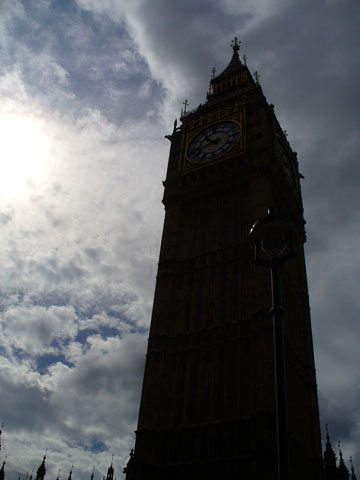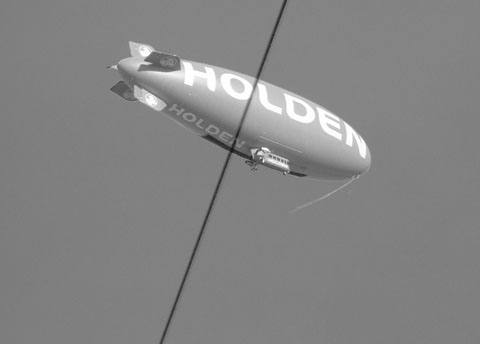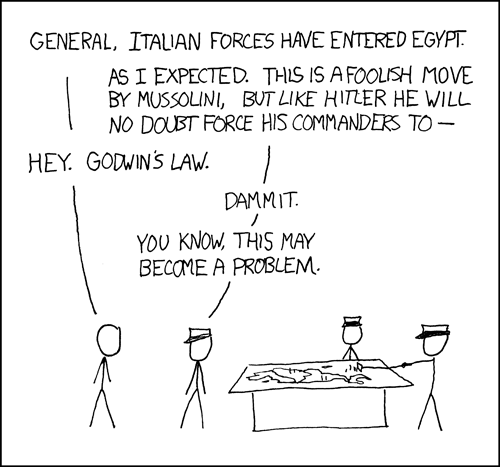The future of historical research
Yesterday (New Year’s Eve), the temperature here in Melbourne reached 41 degrees Celsius (that’s just under 106 Fahrenheit for those of you in the United States and Belize) — the hottest day of 2007, as it happens. The overnight minimum was 30 degrees (86 for those of you etc), which I think is higher than […]




